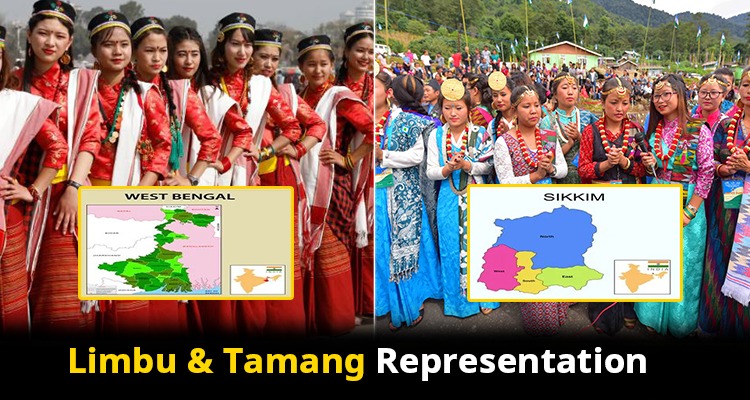
The Supreme Court has emphasized that the Centre must deliberate on the reconstitution of the delimitation commission to guarantee proportional representation for the Limbu and Tamang tribal communities in Sikkim and West Bengal.
Chief Justice D Y Chandrachud, alongside Justices JB Pardiwala and Manoj Misra, underscored that the constitutional basis for the demand for proportional representation by the Limbu and Tamang communities is found in Articles 330 and 332 of the Constitution. The apex court noted the injustice faced by these communities, designated as Scheduled Tribes (STs) since 2012, as they have been devoid of political representation.
While acknowledging the court’s limitation in directing Parliament to enact a law, the bench expressed the view that the Union of India must critically assess whether the reconstitution of the delimitation commission is necessary to deliver justice to the designated SC and ST communities. The court instructed the Centre to engage with the Chief Election Commissioner and provide a response by Thursday.
The Apex Court rejected the Centre’s argument that the delimitation commission cannot be formed until the 2026 census is conducted, stating, “When will it be done? In 2031? These communities will have to wait for another eight years to get a reservation. You are two decades behind. You are denying a constitutional mandate.”
The three-judge bench was hearing a plea by the Public Interest Committee for Scheduling Specific Areas (PICSSA), an NGO, contending that the Limbu and Tamang communities, both categorized as STs, have been denied proportional representation in West Bengal and Sikkim. Advocate Prashant Bhushan, representing the NGO, asserted that the increase in the ST population in Sikkim and West Bengal warranted reserved seats proportionate to the growth, aligning with their constitutional rights.
The NGO, in its plea, highlighted that the population of Limbu and Tamang communities in Sikkim rose from 20.60% in 2001 to 33.8% in 2011. Additionally, in the Darjeeling area of West Bengal, the ST population increased to 21.5% in 2011 from 12.69% in 2001.
The PIL sought direction from the Centre, the election panel, and the two states to take measures for proportional representation of STs, as guaranteed under Articles 330 and 332 of the Constitution, to prevent a violation of Article 14 (Equality before law).
The petition noted the absence of elected ST members from the three hill area subdivisions of the Darjeeling district in the Tribes Advisory Council established in West Bengal in 2012. Furthermore, it pointed out the lack of reserved ST seats in the state assembly elections in 2016, resulting in the non-implementation of Articles 170 and 332 of the Constitution as per the 2011 census. Presently, the delimitated assembly seats in Darjeeling hills consist of elected non-ST members.




